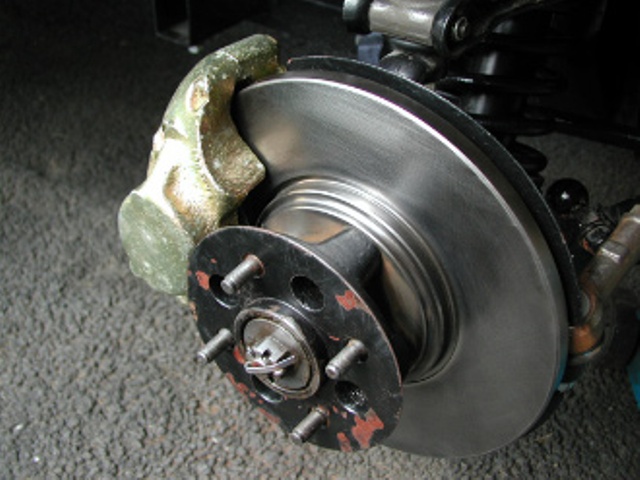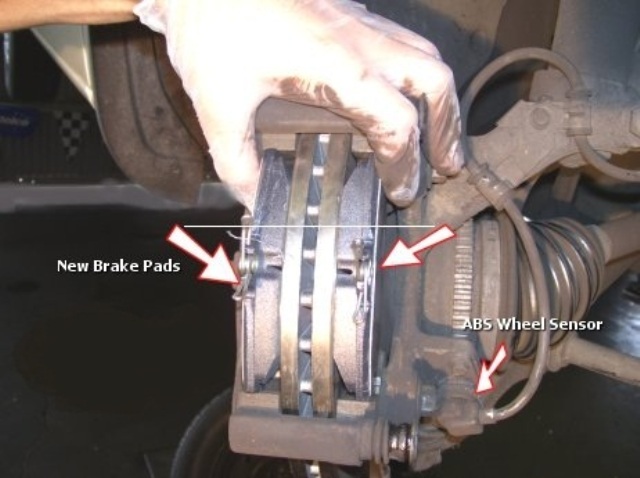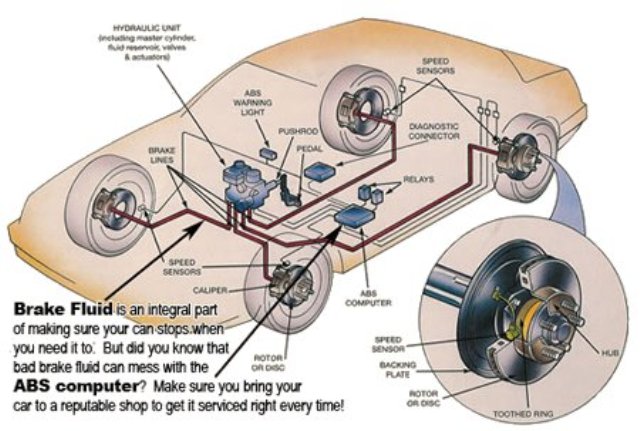
Tel: 020 7326 5129
2a Denmark Road Camberwell, London SE5 9EW UK
2a Denmark Road Camberwell, London SE5 9EW UK



» Aircon
-------------------------------------------------------------------
» Batteries
-------------------------------------------------------------------
» Paint and Bodywork
-------------------------------------------------------------------
» Alternator
-------------------------------------------------------------------
» Exhaust
-------------------------------------------------------------------
» Gearbox Clutch
-------------------------------------------------------------------
» M.O.T. Services
-------------------------------------------------------------------
» Mechanical
-------------------------------------------------------------------
» Batteries
-------------------------------------------------------------------
» Paint and Bodywork
-------------------------------------------------------------------
» Alternator
-------------------------------------------------------------------
» Exhaust
-------------------------------------------------------------------
» Gearbox Clutch
-------------------------------------------------------------------
» M.O.T. Services
-------------------------------------------------------------------
» Mechanical





BRAKES
LSA for Quality Brake parts in stock and ready to fit today by specialist brake technicians.
Disc brakes
A disc brake system consists of a brake disc, a brake caliper and brake pads.
When the brake pedal is applied, pressurised hydraulic fluid squeezes the brake pad friction material against the surface of the rotating brake disc.
The result of this contact produces friction which enables the vehicle to slow down or stop.How do brakes wear differently?
ABS and parking brakes
ABS and parking brakes The anti-lock braking system (ABS) works by limiting, applying and releasing the pressure to any wheel that decelerates too quickly.
This allows maximum stopping force to be applied without the brakes locking-up and the car skidding.
The ABS tests itself each time the ignition is turned on. If a defect is detected for whatever reason, the ABS turns itself off and the normal braking system is used on its own.
The ABS warning light will inform the driver of a defect in the system.
The parking or hand brake is a lever mechanism that is applied to hold a vehicle in a parked position.
It activates braking components at the rear of the vehicle's braking system.
Why is brake fluid important?
Brake fluid plays a crucial role as it transfers the force created when a driver presses the brake pedal directly onto the wheel hub.
Heat generated under braking, especially under heavier breaking or prolonged breaking, may affect the brake fluid which can only work if it is liquid and not so hot that it has become vapour.
Therefore the boiling point your brake fluid achieves is critical to efficient braking as temperatures above the boiling point form vapour bubbles in the system, potentially resulting in brake failure.
In addition, the brake fluid serves as a lubricant of all movable parts and prevents corrosion.
It has to be compatible with rubber seals and hoses thus allowing braking systems to achieve long service and optimal performance.
Why does brake fluid deteriorate?
A brake fluid absorbs moisture during its life in your car through the pipes, hoses and joints that it lubricates.
As the water content in the brake fluid increases, the temperature the liquid boils at decreases from when the brake fluid is ‘dry’ (ie no water content when new) to when it is ‘wet’ (contaminated with water).
Whilst regular servicing will check the boiling point of your brake fluid, vehicle manufacturers recommend that you change your brake fluid a maximum of every 2 years this prevents brake failure and maintains the boiling point at a safe level.
How can I tell if my brakes need attention?
Problem solving There are a number of tell-tale signs to look out for when using your brakes.
They include a grinding noise when you apply the brakes or a pull to the left or right. The grinding normally means that brake pads are excessively worn and need to be replaced along with the damaged brake discs.
A pull to the left or right is normally indicative of a sticking or seized mechanical or hydraulic component.
You may also feel a continuous "pulsating" from the pedal or a "spongy" feeling. This spongy feeling indicates that there is air in the hydraulic system due to a brake fluid leak.
The "pulsating" feel is normally associated with a distorted brake disc or drum.
More obviously, you may notice an illuminated brake warning light on the instrument panel or that your handbrake is pulling up higher than it normally does - in modern cars, more than 6 to 8 clicks.
For safety's sake, it's important to have your vehicle inspected as quickly as possible when you notice any of the above symptoms.
About brakes
Everyone knows that your braking system is what stops your car safely.
It is important that you have regular inspection and maintenance of your brakes
Today’s vehicle braking systems involve many different components working together to help you to stop and manoeuvre your vehicle in a controlled manner.
The key components of your vehicle braking system include a master cylinder, servo, brake callipers, brake fluid and cylinders, disks, drums, pads and shoes.
All the components are linked by a series of brake hoses and brake pipes containing brake fluid, so when you press your brake pedal the vehicle slows down and stops.
The rate at which your brakes reduce the vehicle speed is determined by the amount and duration of foot pressure is applied to your brake pedal, and of course your braking system's condition.
Maintaining an effective vehicle braking system is a top priority for every motorist to avoid accidents and death.
Regular brake checks are an important part of any vehicle preventative maintenance plan.
The effects of a sudden brake failure can be devastating.
The performance of your vehicle's braking system At our Camberwell MOT Centre is tested on a rolling road to measure the amount of braking force generated while operating the hand and foot brake.
The braking force generated is then recorded and compared to the manufacturer's specified tolerance level.
Any reading or imbalance falling outside these tolerance levels will result in an MoT test failure.
At LSA we recommend your braking system is checked at least twice a year.
Disc brakes
A disc brake system consists of a brake disc, a brake caliper and brake pads.
When the brake pedal is applied, pressurised hydraulic fluid squeezes the brake pad friction material against the surface of the rotating brake disc.
The result of this contact produces friction which enables the vehicle to slow down or stop.How do brakes wear differently?
ABS and parking brakes
ABS and parking brakes The anti-lock braking system (ABS) works by limiting, applying and releasing the pressure to any wheel that decelerates too quickly.
This allows maximum stopping force to be applied without the brakes locking-up and the car skidding.
The ABS tests itself each time the ignition is turned on. If a defect is detected for whatever reason, the ABS turns itself off and the normal braking system is used on its own.
The ABS warning light will inform the driver of a defect in the system.
The parking or hand brake is a lever mechanism that is applied to hold a vehicle in a parked position.
It activates braking components at the rear of the vehicle's braking system.
Why is brake fluid important?
Brake fluid plays a crucial role as it transfers the force created when a driver presses the brake pedal directly onto the wheel hub.
Heat generated under braking, especially under heavier breaking or prolonged breaking, may affect the brake fluid which can only work if it is liquid and not so hot that it has become vapour.
Therefore the boiling point your brake fluid achieves is critical to efficient braking as temperatures above the boiling point form vapour bubbles in the system, potentially resulting in brake failure.
In addition, the brake fluid serves as a lubricant of all movable parts and prevents corrosion.
It has to be compatible with rubber seals and hoses thus allowing braking systems to achieve long service and optimal performance.
Why does brake fluid deteriorate?
A brake fluid absorbs moisture during its life in your car through the pipes, hoses and joints that it lubricates.
As the water content in the brake fluid increases, the temperature the liquid boils at decreases from when the brake fluid is ‘dry’ (ie no water content when new) to when it is ‘wet’ (contaminated with water).
Whilst regular servicing will check the boiling point of your brake fluid, vehicle manufacturers recommend that you change your brake fluid a maximum of every 2 years this prevents brake failure and maintains the boiling point at a safe level.
How can I tell if my brakes need attention?
Problem solving There are a number of tell-tale signs to look out for when using your brakes.
They include a grinding noise when you apply the brakes or a pull to the left or right. The grinding normally means that brake pads are excessively worn and need to be replaced along with the damaged brake discs.
A pull to the left or right is normally indicative of a sticking or seized mechanical or hydraulic component.
You may also feel a continuous "pulsating" from the pedal or a "spongy" feeling. This spongy feeling indicates that there is air in the hydraulic system due to a brake fluid leak.
The "pulsating" feel is normally associated with a distorted brake disc or drum.
More obviously, you may notice an illuminated brake warning light on the instrument panel or that your handbrake is pulling up higher than it normally does - in modern cars, more than 6 to 8 clicks.
For safety's sake, it's important to have your vehicle inspected as quickly as possible when you notice any of the above symptoms.
About brakes
Everyone knows that your braking system is what stops your car safely.
It is important that you have regular inspection and maintenance of your brakes
Today’s vehicle braking systems involve many different components working together to help you to stop and manoeuvre your vehicle in a controlled manner.
The key components of your vehicle braking system include a master cylinder, servo, brake callipers, brake fluid and cylinders, disks, drums, pads and shoes.
All the components are linked by a series of brake hoses and brake pipes containing brake fluid, so when you press your brake pedal the vehicle slows down and stops.
The rate at which your brakes reduce the vehicle speed is determined by the amount and duration of foot pressure is applied to your brake pedal, and of course your braking system's condition.
Maintaining an effective vehicle braking system is a top priority for every motorist to avoid accidents and death.
Regular brake checks are an important part of any vehicle preventative maintenance plan.
The effects of a sudden brake failure can be devastating.
The performance of your vehicle's braking system At our Camberwell MOT Centre is tested on a rolling road to measure the amount of braking force generated while operating the hand and foot brake.
The braking force generated is then recorded and compared to the manufacturer's specified tolerance level.
Any reading or imbalance falling outside these tolerance levels will result in an MoT test failure.
At LSA we recommend your braking system is checked at least twice a year.





